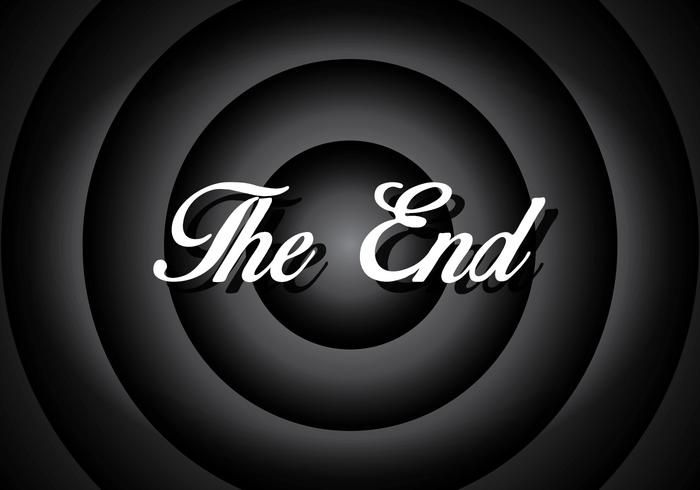Sarthak Batra
The Sense of An Ending
December 16, 2018 - 4 min read
[ Photo from Vecteezy ]
Everyone loves a good ending. After spending close to 2 hours watching the film leads face against all odds, it’s imperative that they end up together. We expect these happy endings - as we project on to the two leads - because if they can have one, so can we. Even if they don’t end up together, we still demand there to be some sort of closure. If we are suckers for closure, then how often are we getting it in our digital lives?
I’d bet - not very often. Binge watching patterns, short distracted attention spans, endless scrolling feeds and our hooked minds constantly reaching for the comfort of a phone - these technological habits steal the very thing we yearn for in movies - the sense of an ending.
If you feel the time you spend online isn’t a satisfying experience, here are three little ideas to help you:
1. Pause
Compare the experience of watching a movie in a theater versus watching it on Netflix. The situation in the first case is that you’re physically in another place. You’ve got the whole ride back home to process the movie - if you can resist the temptation to reach for your phone. It’s much harder to allot this interstitial time when you’re watching on Netflix. As soon as a movie ends, trailer for another starts auto-playing.
What you can do: Hit pause and close your eyes. Take as much time as you need to process the movie. Acknowledge that it’s over. Gather your learnings, write it down and just take a long breath. I bet you’ll feel less inclined later on to continue watching something else.
2. Seek tiny goals
Your Instagram feed is an endless stream of content personalized for you based on hundreds of signals from what you paused to look at and what you “hearted”. What isn’t endless, however, is the posts a single friend you care about, has recently published.
What you can do: If you use Instagram to stay connected with your friends, why not do it one at a time? Open the app with the goal of seeing what’s up with your friend, go straight to their profile, see what they are up to and then DM them. You’ve completely avoided the mindless scrolling and congrats on achieving a tiny goal.
3. Mindfulness
You open your browser to check up on a fact and you somehow end up open 12 different Wikipedia articles, along with the standard YouTube, Facebook, Reddit and Twitter - just to see if you missed anything - while completely forgetting what you intended to do. If this was a job interview, you’d be diagnosed with a case of fumbling.
What you can do: Announcing your intentions to yourself can help draw your mind back to the task at hand. Say it out loud inside your head and whenever you’re about to do something that would deter you from your task, point it out to yourself. I do this whenever I am at work and my hand is moving over my pant pocket, reaching for the phone. “Oh, I’m reaching for my phone”, I acknowledge. And then I just stop - going back to what I was working on.
A movie has three parts - a beginning, a middle and an end. If you seek a beginning, a middle and an end in every action you perform online, you’ll find your technological habits transforming to something healthier.
- Seek tiny goals as you navigate online (Begin)
- try to concentrate on the singular thing you’re doing (Make Progress)
- And, take a pause between two actions. (End)
The sense of an ending is acknowledging the journey you undertook. Follow these steps and you’ll find your digital self feeling a wee bit more satisfied.
thoughts about frontend dev, digital experiences and education
Follow me on Twitter
